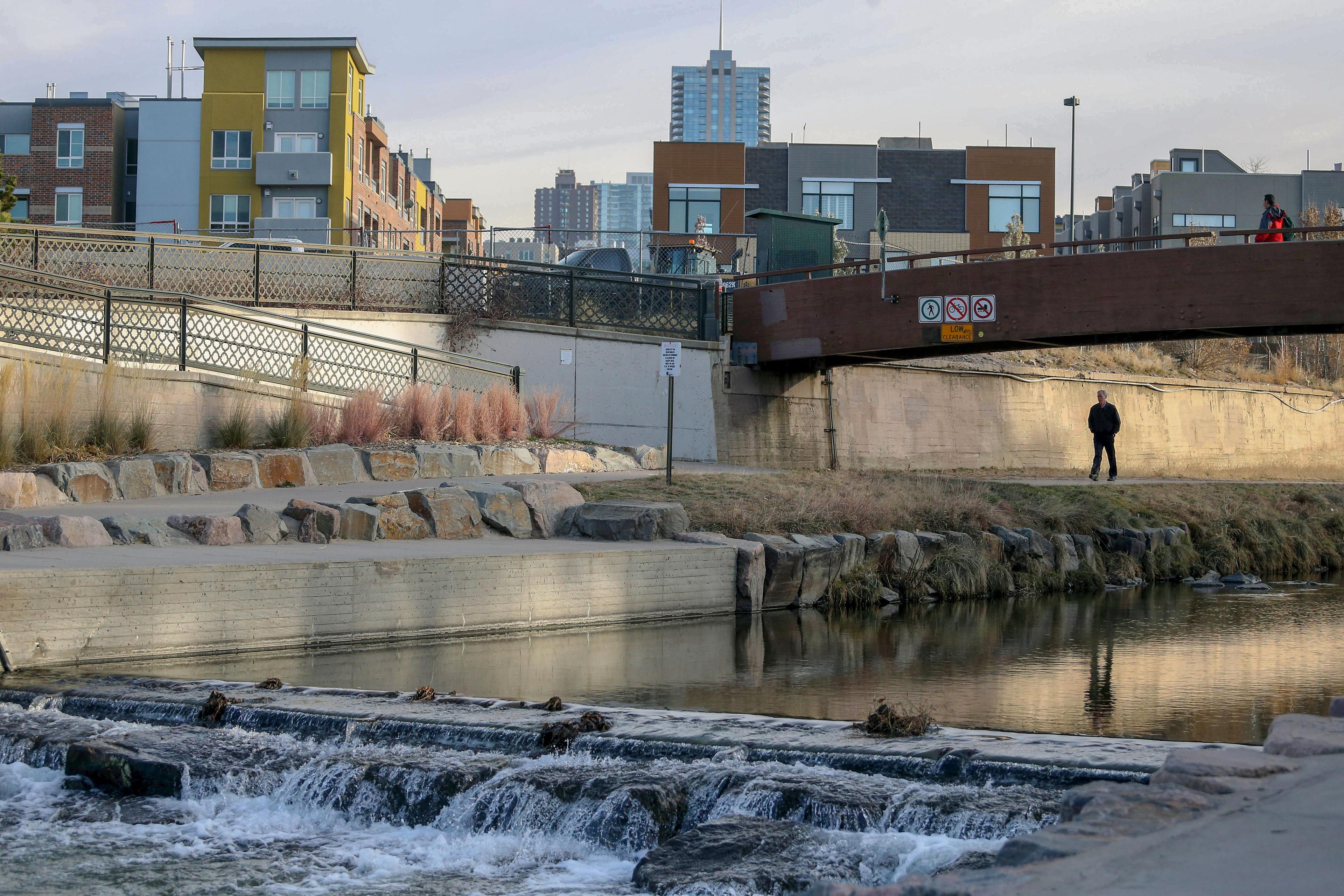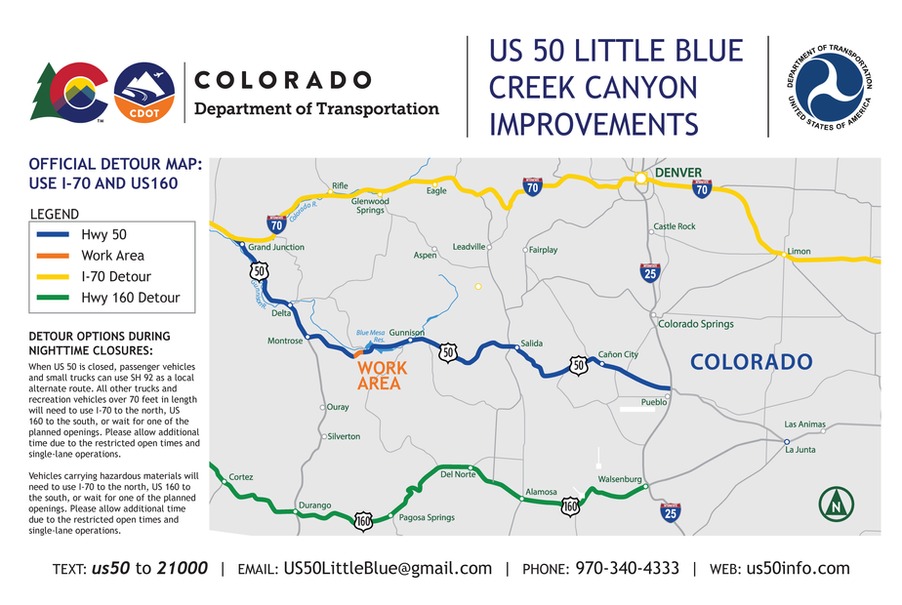

Earlier this month, we answered a Colorado Wonders question about whether or not it’s safe to eat fish in the South Platte River that runs through Denver.
Short answer: no. While Colorado and Denver public health officials regularly test water quality, they don't study fish. But from their knowledge of the pollutants in the river, scientists can safely assume toxins also build up in the fish that swim there.
Frequent Platte River fishermen also regularly see diapers, hypodermic needles and murky storm runoff in the water.
Since then, you’ve asked us more questions about fishing and recreation in the Platte (not to mention crawdads). Here's what we found.
Are reports of arsenic in the urban South Platte true? And where does the arsenic come from? - Fred Miller, Denver
Denver's Department of Public Health and Environment regularly collects samples from the Platte. The most common threat to public health is E. coli but they’re also looking for things like nitrogen, phosphorus and other metals, including arsenic. If officials find something harmful to human health, they would warn the public.
The department has an interactive map online that tells residents where it’s safe to recreate and what they’ve found in different parts of the river.
There is arsenic in the Platte River near Hampden Avenue and Bear Creek. The map denotes that water isn't safe for recreation or drinking.
Arsenic occurs naturally in the bedrock, but it can also be caused by urban development and mining or get stirred up by construction. Developers have to get permits so the state can monitor and correct it if arsenic levels get too high.
Is it true that you can't cook off heavy metals in fish as you can with bacteria like E. coli? — Fred Miller, Denver
Alan Vajda of the University of Colorado Denver studies how chemicals impact fish and confirmed that while bacteria might be killed when you cook your fish, there is still a risk to human health.
“A lot of anglers are being exposed to bacteria not just by eating it, but anytime they’re touching the water, the sediments in the river, the fish, they might be potentially exposed to E. coli and other pathogens,” he said. “Cooking methods differ in how they affect contaminants in the fish tissue but there is no way of preparing a fish that gets rid of all contaminants or possible pathogens.”
If an angler puts live fish in a bathtub of water for a few days, would that cleanse them and then make them safe to eat? — Anonymous
“Sadly, no,” Vajda said.
In fact, some fish might find the tap water from your bathtub stressful since it likely contains chlorine and other chemicals that are different from their environment.
“Many of the contaminants, such as mercury and perfluorinated chemicals, are rather tightly bound to either membranes of cells or to muscle tissue, and it’s not a matter of simply allowing the gut to pass, which is all you would really see after a few days,” Vajda said. “That’s not nearly long enough to decontaminate.”
Can you find crawdads fit for consumption in the Platte or other urban bodies of water? — Vanney Sam, Denver
Fisherman Dan Lundahl has indeed found crawdads in the Platte.
“Mainly where the water starts to slow down, and there’s good rock structure or logs. They like to hide,” Lundahl said.
That shouldn’t signal a free-for-all though. Scott Long, another frequent angler, said he hopes people don’t eat the crawdads because they’re food for the fish.
Is it safe to float, tube or raft in the South Platte through Denver? I've heard it's not a good idea, but it seems so fun! — Jake Koplen, Denver
People are allowed to wade, boat and play in the water, but it’s not recommended by Denver Public Health & Environment. Again, keep in mind the South Platte gets runoff and pollution from streets as well as discharge from wastewater treatment facilities.
If you do decide to play in the Platte, it’s recommended that people avoid standing water, wash their hands after touching the water and wait 72 hours after a storm before getting into the river.









